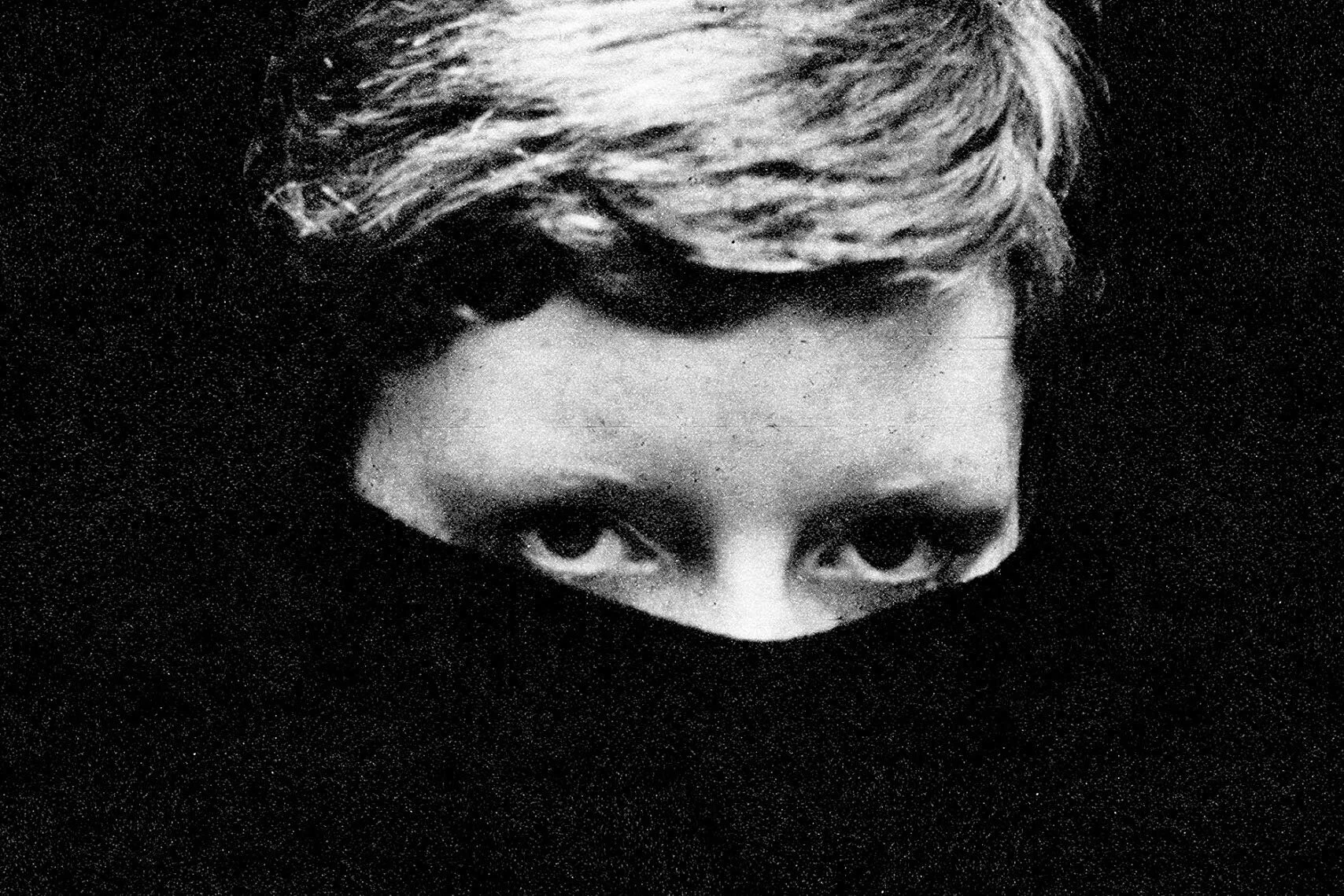“Losing My Religion” by William Lobdell
Losing My Religion: How I Lost My Faith Reporting on Religion in America—and Found Unexpected Peace
By William Lobdell
2009
308 pages
Nonfiction
—
When I started this project to write 100 book reviews of post-2000 books I committed to stay away from theology books that I assume ministers would be familiar with anyway. On the nonfiction side I wanted to stick with books that any minister wishing to stay broadly informed might read. But I find that I can't entirely stay away from religion so I want to suggest a book that I believe every minister should read. Losing My Religion is a haunting read, and its long subtitle tells us where we are going. Yikes.
For years Lobdell was the religion reporter for the Los Angeles Times. Unfortunately his life was falling apart. Bad habits and a failing family life were threatening to make him totally unravel. But he had the good fortune to meet some evangelicals who may not have saved his soul but did save his life. They helped him find religion so to speak. The book expresses appropriate gratitude for that.
But the religion that Lobdell found he eventually lost largely because of the reporting he did on the Catholic clergy abuse scandal. I will pause to say I have no interest in piling on regarding this issue, but however bad you think it is, it is probably much worse. It is not just that there were some bad priests. The church attempted to intimidate and silence those who had been abused. This book was written 10 years ago, and the Catholic Church has still not fully reckoned with the enormity of this failure.
You may be thinking that throwing over your faith because of some bad actors in the church is a really bad idea. I think one would have to grant this point. But Lobdell raises such interesting questions that his book cannot be easily dismissed. As a religion writer for a newspaper he had the opportunity to cover not just this salacious story, but often to interview and cover stories of people who made incredible sacrifices for their faith. And so he came to believe that if a person was really going to have faith, the expression of that faith must be a most radical commitment and life. If Christians really believe what they say they do, why don't more of them live these incredibly subversive countercultural lives? Good question.
One question Lobdell raises that has stuck with me in the decade since I read the book, is the simple one of whether we can choose what we believe. The answer is not as obvious as it might appear. For instance, I cannot believe that the moon is made out of blue cheese, no matter how hard I might try. By the same token, can one really choose whether they believe in God and the Christian story? When it comes to questions like that, Lobdell answers negatively: you either believe or you don't. And the fact of the matter is, he doesn't and he can't.
For those of us who live by faith the book will come off as at least sad and perhaps tragic. But I am one of those believers who takes unbelief very seriously. And if Christians want to have serious conversations with thoughtful and respectful unbelievers, this book is an excellent place to start.








